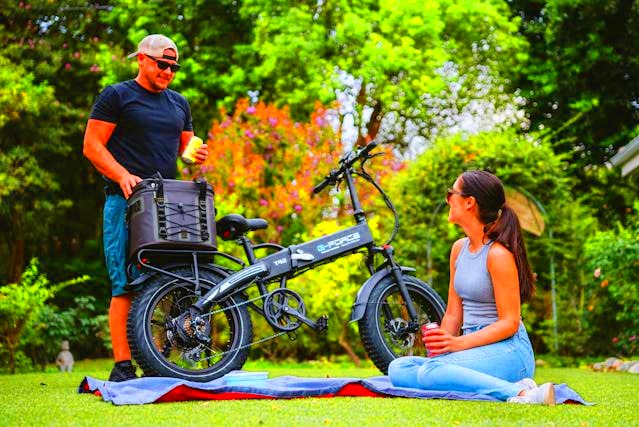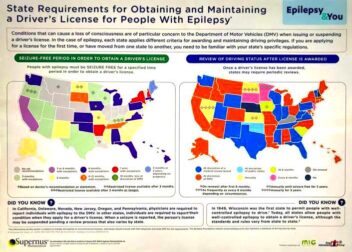Illinois Ebike Laws What You Need to Know
As ebikes become a popular mode of transportation, it’s important to understand the legal requirements surrounding their use in Illinois. These laws aim to ensure the safety of riders and pedestrians while offering clear guidelines for where and how ebikes can be used. Knowing the rules will help you avoid any legal issues while enjoying your ride.
Understanding the Definition of Ebikes in Illinois
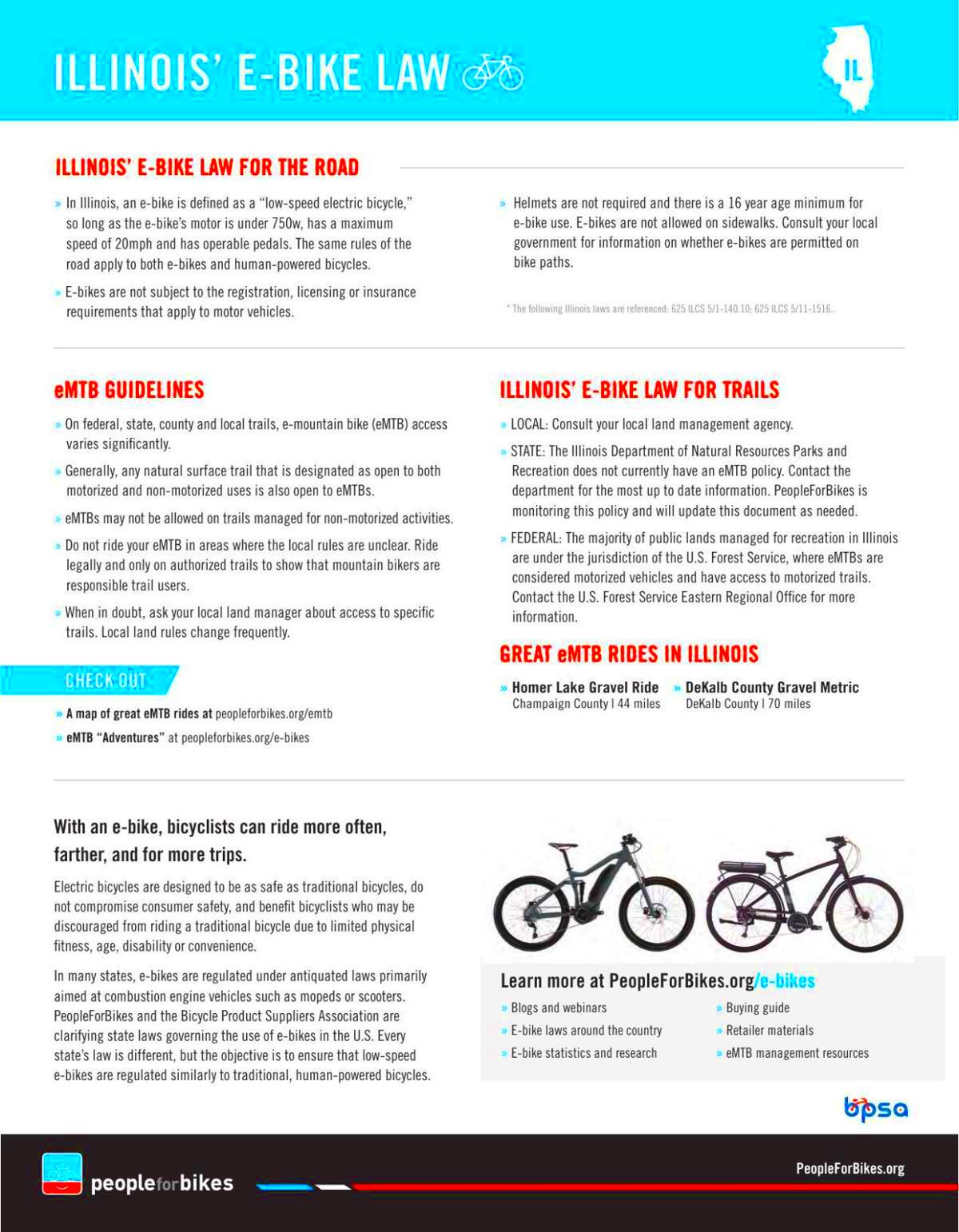
In Illinois, ebikes are classified into three distinct categories, depending on their speed and how they are powered:
- Class 1 Ebike: Equipped with a motor that provides assistance only when the rider is pedaling and stops assisting at 20 mph.
- Class 2 Ebike: Can be powered by the motor alone, without pedaling, but its speed is capped at 20 mph.
- Class 3 Ebike: The motor assists only while pedaling, but the speed can go up to 28 mph. These bikes are typically used for commuting and may have more restrictions on where they can be ridden.
These classifications ensure that ebikes are treated differently from traditional bicycles and motorized vehicles, with specific rules applying to each class. If you’re buying or using an ebike, it’s essential to know which class it falls under to comply with Illinois law.
Registration and Licensing Requirements for Ebikes
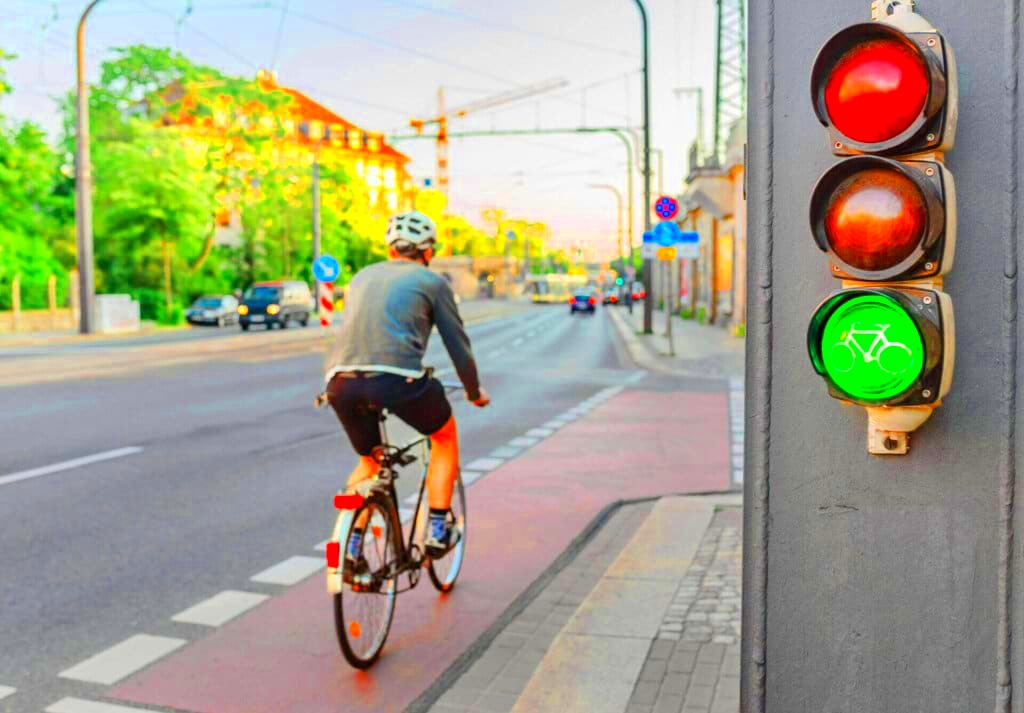
One of the benefits of riding an ebike in Illinois is that, unlike motor vehicles, ebikes do not require registration, licensing, or insurance. This makes them a more accessible option for people looking for an alternative to traditional forms of transportation. However, this does not mean that ebike riders are exempt from all legal requirements.
While registration isn’t necessary, you must follow the same traffic rules as regular bicycles. This includes obeying traffic signals, riding on the right side of the road, and using hand signals when turning. If you’re riding a Class 3 ebike, be aware that some areas may impose additional restrictions, such as limiting access to certain bike paths or trails.
It’s also important to note that while Illinois state law does not require a license for operating an ebike, local jurisdictions may have their own rules. Always check local ordinances before riding in different cities or counties.
Where You Can Ride an Ebike in Illinois
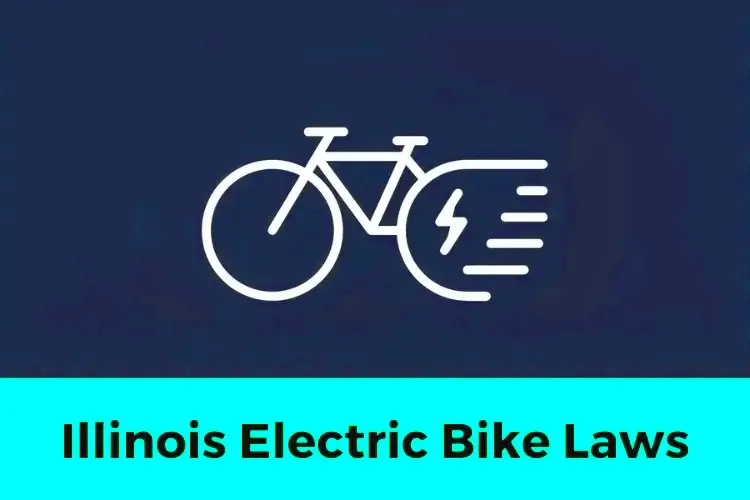
In Illinois, ebikes are generally allowed wherever traditional bicycles can go, but there are a few exceptions to be aware of. The state has worked to create clear rules about where each class of ebike can be ridden, ensuring safety for both riders and others sharing the space. Here’s a breakdown of where you can ride:
- Bike Lanes and Trails: Class 1 and Class 2 ebikes are allowed on bike lanes, paved paths, and most multi-use trails. However, Class 3 ebikes, due to their higher speed, may be restricted from some paths, especially those designated for pedestrian use only.
- Roadways: Ebikes are permitted on most roadways, and riders must follow the same traffic laws as traditional cyclists. Stick to the right side of the road and obey traffic signals.
- Off-Road and Nature Trails: Ebike use on unpaved trails or in natural areas like state parks can vary. Some parks may prohibit ebikes, especially Class 3, due to concerns about speed and impact on the environment. It’s always a good idea to check with the local park or trail authority before heading out.
While state laws allow ebikes on many public pathways, local regulations can vary. Certain cities or counties may have their own rules, so it’s essential to stay informed about where your specific ebike class can be used.
Speed Limits and Power Restrictions
In Illinois, ebike laws also impose specific speed and power restrictions to ensure safety for both riders and those around them. These limitations are designed to distinguish ebikes from other motorized vehicles while allowing them to blend into bike traffic. Here’s what you need to know:
- Class 1 Ebikes: The motor will stop assisting once you reach 20 mph. After that, it’s up to your own pedaling power.
- Class 2 Ebikes: These ebikes can be powered by the motor without pedaling, but the speed is limited to 20 mph. The motor automatically cuts off when you exceed this limit.
- Class 3 Ebikes: These ebikes can assist up to 28 mph, but they must be pedaled for the motor to provide assistance. Additionally, they are restricted from certain bike paths due to their higher speed potential.
The power of ebike motors is also regulated in Illinois. An ebike’s motor must not exceed 750 watts (1 horsepower). Anything more powerful is considered a motor vehicle and subject to different licensing and registration rules. Be sure to verify your ebike’s specifications to stay within legal limits.
Safety Equipment and Helmet Laws
Safety is a top priority when it comes to riding ebikes, and Illinois law requires certain equipment to ensure riders and others are protected. While ebike riders enjoy the same freedoms as cyclists, there are additional safety rules in place depending on the class of ebike and rider age:
- Brakes: Every ebike must be equipped with working brakes that can bring the bike to a full stop when needed. This is critical, especially for Class 3 ebikes, which can reach higher speeds.
- Lights and Reflectors: When riding at night, ebikes must have a white front light visible from at least 500 feet and a red rear reflector or light visible from up to 600 feet.
- Helmet Requirements: In Illinois, helmets are not legally required for most ebike riders. However, if you’re under the age of 17 and riding a Class 3 ebike, wearing a helmet is mandatory. Even for adults, it is highly recommended to wear a helmet for added protection, especially when riding faster Class 3 ebikes.
While these safety rules are straightforward, it’s always a good idea to go above and beyond the minimum requirements by using additional protective gear, like padded gloves and reflective clothing, to increase visibility and safety on the road.
Age Restrictions for Ebike Riders
Illinois has specific age requirements for riding ebikes, depending on the class of bike. These rules ensure that younger riders are using ebikes safely and responsibly. Here’s what the law says:
- Class 1 and Class 2 Ebikes: There are no specific age restrictions for operating Class 1 and Class 2 ebikes in Illinois. However, it is recommended that younger riders have sufficient cycling experience, especially for Class 2 ebikes, which can be powered without pedaling.
- Class 3 Ebikes: Riders of Class 3 ebikes must be at least 16 years old. This is because Class 3 ebikes can reach speeds of up to 28 mph, requiring a higher level of responsibility and caution. Riders under 16 are not permitted to operate these higher-speed bikes but may ride as passengers if the ebike is designed to carry another person.
While there are no licensing requirements for ebikes, parents or guardians should supervise younger riders to ensure they understand and follow road safety rules. It’s also advisable for younger riders to wear helmets and use appropriate safety equipment, even if it’s not legally required.
Penalties for Violating Illinois Ebike Laws
Riding an ebike comes with responsibilities, and violating Illinois ebike laws can result in penalties. While ebike riders enjoy more lenient regulations compared to motor vehicles, breaking the rules can lead to fines and other consequences. Common violations and their penalties include:
- Riding in Restricted Areas: Using an ebike on trails or paths where they are not allowed, especially for Class 3 ebikes, can result in fines. Local authorities may issue tickets if you ride in prohibited areas.
- Exceeding Speed Limits: Going over the speed limit for your ebike class (20 mph for Class 1 and Class 2, 28 mph for Class 3) can result in citations. Law enforcement may fine you for reckless riding if you’re caught speeding.
- Failing to Follow Traffic Laws: Ebike riders must adhere to the same rules as traditional bicycles, including stopping at stop signs, signaling turns, and obeying traffic lights. Violating these rules can lead to traffic tickets or fines.
- Neglecting Safety Equipment: Failing to have proper lights, reflectors, or brakes on your ebike can also result in fines, especially when riding at night.
It’s important to remember that repeat offenses or serious violations can result in higher fines and, in some cases, confiscation of the ebike. Following the law ensures a safer and smoother ride for everyone.
Frequently Asked Questions About Illinois Ebike Laws
Many ebike riders have questions about the specific rules in Illinois. Here are some of the most frequently asked questions:
- Do I need insurance for my ebike? No, ebike insurance is not required in Illinois, but you may want to consider it for protection against theft or accidents.
- Can I ride an ebike on sidewalks? Illinois law does not specifically prohibit riding ebikes on sidewalks, but local ordinances may vary. Check with your city or county regulations, as some areas may restrict sidewalk riding, especially for Class 2 and Class 3 ebikes.
- Are there helmet laws for ebikes? There is no statewide helmet law for ebikes in Illinois, but riders under 17 are required to wear helmets on Class 3 ebikes. It’s always a good idea to wear a helmet regardless of your age or ebike class for safety.
- Can I take my ebike on public transportation? Most public transportation systems in Illinois, such as buses and trains, allow standard bicycles, but you should check with your specific transit provider to see if ebikes are permitted, especially if they are heavy or bulky.
- Do I need a special permit for a Class 3 ebike? No, you don’t need a special permit, but you must be at least 16 years old to ride a Class 3 ebike.
Staying informed about ebike laws will help you ride confidently and avoid any legal issues. If you have further questions, it’s always a good idea to review local regulations or consult with a legal expert.
Conclusion on Illinois Ebike Laws
Understanding Illinois ebike laws is essential for ensuring a safe and legal riding experience. By familiarizing yourself with the different ebike classes, speed limits, safety requirements, and local restrictions, you can enjoy the benefits of ebike riding without any issues. Always stay updated on any local changes to ebike laws and make safety a priority, not just for yourself but for others on the road as well. With proper knowledge and adherence to the rules, ebikes can be a fun, eco-friendly mode of transportation in Illinois.
